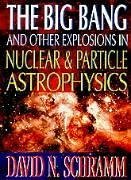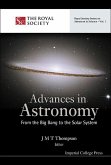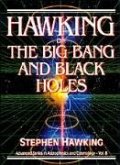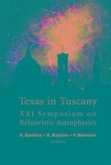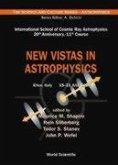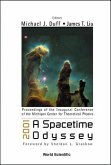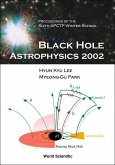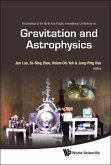This volume of important papers by one the world's leading astrophysicists provides a sweeping survey of the incisive and exciting applications of nuclear and particle physics to a wide range of problems in astrophysics and cosmology.The prime focus of the book is on Big Bang cosmology and the role of primordial nucleosynthesis in establishing the modern consensus on the Big Bang. This leads into the connection of cosmology to particle physics and the constraints put on various elementary particles by astrophysical arguments. Big Bang Nucleosynthesis has also led to the argument for nonbaryonic dark matter and is thus related to the major problem in physical cosmology today, namely, structure formation. The nuclear-particle interface with astrophysics also extends to the other topics of major interest such as the age of the universe, cosmic rays, supernovae, and solar neutrinos, each of which will be discussed in some detail. Each section contains historical papers, current papers, and frequently a popular article on the subject which provides an overview of the topic.This volume is testimony to the success of the integration of nuclear and particle physics with astrophysics and cosmology, and to the ingenuity of the work in this area which has earned the author numerous prestigious awards. The book, which is accessible to beginning graduate students, should be of particular interest to researchers and students in astronomy, astrophysics, cosmology and gravitation, and also in high energy and nuclear physics.

